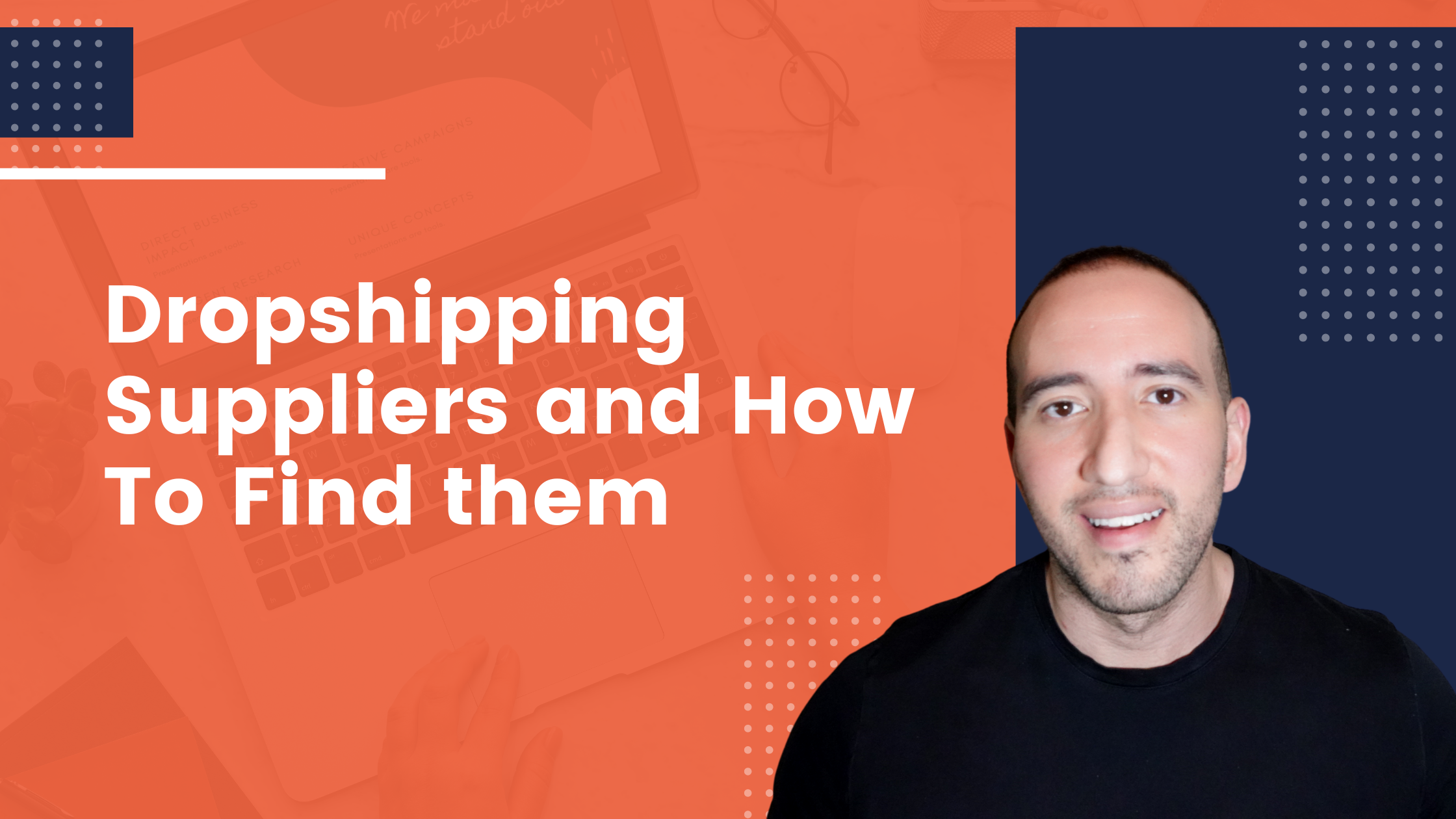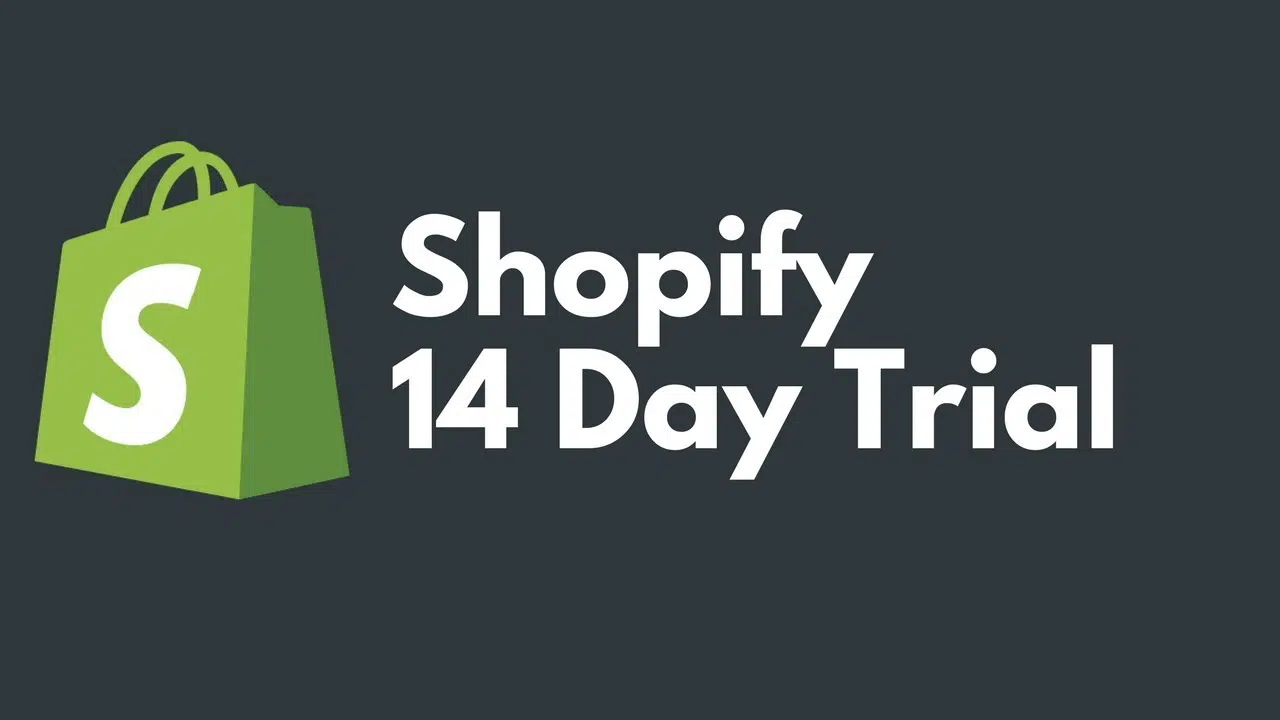- Key Takeaways
- Understanding Affiliate Marketing
- Grasping Influencer Marketing
- Comparing Affiliate and Influencer Marketing Strategies
- Real-world Examples: Affiliate vs Influencer Marketing
- Combining Forces: Using Affiliate and Influencer Marketing Simultaneously
- Making the Right Choice: Factors to Consider
- Summary
- Frequently Asked Questions
Should you invest in affiliate marketing or influencer marketing? That’s the pressing question when planning your digital marketing strategy. In this clear-cut guide, we will discuss “affiliate marketing vs influencer marketing”, helping you understand the nuances, from pay models to marketing outcomes. Affiliate marketing is outcome-based, compensating for leads or sales, while influencer marketing taps into the persuasive power of social media figures for brand exposure. This guide prepares you to allocate your marketing dollars wisely without the fluff.
Key Takeaways
- Affiliate marketing is a performance-based strategy that is cost-effective and offers a higher ROI, where affiliates are compensated only when sales or leads are generated, using models such as pay-per-sale and pay-per-lead, offering scalable and target-specific promotion.
- Influencer marketing leverages the credibility and audience of social media influencers to enhance brand awareness, with different types of influencers available for collaborations that offer a wide reach, engagement, and potential sales increases through personalized brand endorsements.
- Both affiliate and influencer marketing serve distinct purposes, with affiliate marketing focused on generating sales through performance-based compensation, and influencer marketing aimed at brand visibility and audience engagement with upfront payments; yet they can be combined effectively for maximizing brand reach and credibility.
Understanding Affiliate Marketing
Imagine a digital marketing strategy where you only pay for achieved results – that’s how affiliate marketers are marketing for you. An affiliate marketer promotes a brand’s products or services in exchange for a commission based on the results they achieve. This type of digital marketing allows for a mutually beneficial relationship between brands and their affiliates. By launching an affiliate marketing campaign, affiliates use distinctive tools like links or codes to promote on their digital platforms, which include websites, blogs, emails, and essentially any platform that facilitates content sharing.
In this result-oriented approach, affiliates gain compensation only when tangible outcomes, like sales, are achieved – an approach that minimizes advertiser expenses. Sales are attributed to affiliates through unique links or codes, and commissions are paid out to affiliates automatically.
Pay-per-sale model
The pay-per-sale model holds a significant position in the realm of affiliate sales and marketing. In this model, affiliates earn a percentage of the sale price for each successful referral they generate, differentiating it from influencer marketing where influencers are usually paid a fixed amount for promotion. The pay-per-sale model allows businesses to compensate affiliates without imposing substantial impacts on operational expenses, thereby creating incentives for sales without incurring upfront advertising costs.
Affiliates in pay-per-sale programs can choose to pay affiliates to receive either a one-time, upfront commission payment for each sale or a recurring percentage of the subscription fee for the duration of the referral’s customer status.
Pay-per-lead model
A variant of affiliate marketing, the pay-per-lead model rewards affiliates for generating leads. This model compensates affiliates for generating leads for a business. Affiliates are provided with an affiliate link, which enables them and the associated brands to monitor the quantity of leads generated by their marketing endeavors.
Affiliates can participate in individual company programs or enroll in an affiliate network, gaining access to multiple programs simultaneously. Brands may choose to remunerate affiliates for generating web traffic or base their commission payouts on the lead generation amount of qualified leads.
Advantages of Affiliate Marketing
The advantages of affiliate marketing are numerous. This strategy is known for its:
- cost-effectiveness, primarily because of its minimal start-up and ongoing costs, making it accessible for a wide range of businesses
- implementation of result-based payments, enabling businesses to manage risk effectively by only paying for actual results
- higher return on investment (ROI)
Efficient targeting is achieved by utilizing affiliates with specific audience segments that are more inclined to be interested in the promoted product or service. Flexibility is another key advantage, allowing businesses to easily scale up or down, select various types of affiliates, and adapt their strategies according to performance and market trends.
Grasping Influencer Marketing
Influencer marketing is another potent strategy in the digital marketing world, utilizing the reach and credibility of social media personalities to endorse and advocate for products and services. Unlike affiliate marketing campaigns, which can involve multiple affiliates, influencer marketing campaigns typically entail a direct, individual relationship between a brand and an influencer. The primary procedures involve:
- Establishing the campaign’s budget and objectives
- Identifying influencers that align with the brand
- Engaging in discussions with the influencer
- Coordinating payment for promotional activities.
Essential social media platforms for influencer marketing include YouTube and Instagram, with the primary focus of social media marketing being the enhancement of brand awareness, facilitation of engagement, and directing traffic to the company’s website.
Types of Influencers
Within the sphere of influencer marketing, influencers are differentiated based on their follower count and impact. There are different categories of influencers, including:
- Nano influencers: They have a follower count ranging from 1000 to 10,000 and are known for their significant rapport with a specific niche audience.
- Macro influencers: They maintain a follower count ranging between half a million and a million.
- Mega influencers: They are characterized by a follower count exceeding one million.
These categories help brands and marketers choose the right top social media accounts and influencers for their campaigns based on their target audience and reach.
Advantages of Influencer Marketing
There are myriad benefits to influencer marketing, including:
- Enhancing brand awareness by leveraging the influencer’s impact and reliability
- Efficiently advertising products and engaging new clientele
- Enhancing the credibility of a brand by fostering authenticity and trust through the collaboration between the brand and the influencer
- Enabling brands to connect with a substantial and committed audience
Additionally, influencer marketing plays a pivotal role in reaching the appropriate audience by:
- Establishing connections with suitable influencers on the relevant social platforms
- Expanding reach
- Generating potential leads
- Facilitating sales.
Comparing Affiliate and Influencer Marketing Strategies
Time to draw a comparison between these two strategies. While both are powerful means of digital marketing, they serve different primary objectives. The primary objective of affiliate marketing is to generate sales, while influencer marketing aims to create and increase brand awareness. The payment methods also differ.
In affiliate marketing, payments are typically made through recurring commissions over a period of time, whereas influencer marketing usually entails a guaranteed lump sum paid in advance.
Real-world Examples: Affiliate vs Influencer Marketing
For a practical perspective, let’s delve into some real-world cases of companies employing both affiliate and influencer marketing strategies, as well as performance based marketing strategy.
Canva’s Dual Approach
Canva, a popular online graphic design platform, utilizes both influencer and affiliate marketing to maximize its reach website traffic and sales. It employs an affiliate program that enables content creators, bloggers, and other online influencers to receive a commission when their audience subscribes to Canva Pro.
In terms of influencer marketing, Canva has collaborated with Guy Kawasaki, their Chief Evangelist, and various creative professionals. The outcomes of their influencer campaigns have included increased sign-ups for Canva Pro through the affiliate program, as well as enhanced visibility and engagement via content created by influencers using Canva’s design tools.
Adidas’ Comprehensive Strategy
Adidas, a global leader in sportswear, also leverages both influencer and affiliate marketing to enhance its brand visibility and credibility. Their influencer marketing strategy on Instagram targets a younger demographic, leading to a notable surge in their follower count and a sales increase. The sportswear giant has collaborated with various influencers to raise brand awareness and broaden their reach and influence. Some of their notable collaborations include:
- Working with professional athletes like Lionel Messi and Serena Williams
- Partnering with popular fashion bloggers and fitness influencers
- Collaborating with celebrities like Kanye West and Pharrell Williams
These collaborations have helped Adidas reach a wider audience and establish themselves as a trusted and fashionable brand in the sportswear industry.
In addition, the Adidas partner program, an affiliate marketing initiative, enables online marketers to make affiliate campaigns and receive commissions for directing sales to Adidas’ official website.
Combining Forces: Using Affiliate and Influencer Marketing Simultaneously
Though each strategy has unique strengths, merging affiliate and influencer marketing could potentially optimize brand reach, credibility build brand awareness, and sales. This is the realm of influencer-affiliate marketing, which effectively extends brand exposure and drives sales.
It is feasible to execute an influencer marketing campaign alongside engaging affiliates to the influencer program promote your product or service, by having the influencer endorse a sales link or code with an associated discount. The benefit of utilizing influencer-affiliate marketing lies in the capacity to harness the influence of creators for product promotion, as well as the ability to measure the sales generated through their influence.
Making the Right Choice: Factors to Consider
Multiple factors need to be considered when choosing between an affiliate marketing program and influencer marketing. The selection of a marketing strategy is significantly influenced by business goals. If the objective is to minimize costs while generating leads, affiliate marketing is the preferred choice. On the other hand, if the goal is to enhance brand visibility and credibility, influencer marketing, with its broader reach and influence, is the more suitable option.
The allocation of a company’s budget also plays a significant role in determining whether to opt for affiliate or influencer marketing. While influencer marketing may entail higher initial costs, companies with ample budgets may deem it worthwhile for the brand exposure it offers. The target audience also holds a crucial significance in the selection of the suitable marketing strategy. Affiliate and influencer marketing pros necessitates comprehension of the audience’s demographics and behaviors to efficiently stimulate engagement and conversions.
Conversely, influencer marketing leverages the influencer’s current follower base, which ideally aligns with the brand’s target demographic, to endorse products or services with the added advantage of the influencer’s established credibility. This is why influencer marketing works so effectively.
Summary
Both the search engine marketing and affiliate and influencer marketing offer unique advantages, and the choice between the two should align with the specific objectives that the business aims to accomplish. Carefully evaluating business goals, financial constraints, the intended audience, and methods for performance evaluation can guide organizations towards the marketing strategy that best suits their needs. Furthermore, a combination of both strategies can be employed to optimize outcomes, capitalizing on the unique strengths of each to enhance reach, credibility, and sales.
Frequently Asked Questions
Can an influencer be an affiliate?
Yes, influencers can participate in affiliate marketing programs by promoting brands and earning a commission on sales or lead signups through their own social media posts and presence. This can be a beneficial way for influencers to generate income from their online content.
How much do influencers get paid for affiliate marketing?
Influencers typically receive commission rates around 10-20% for their affiliate marketing work, with some earning 5-30% depending on their influence and industry. Additionally, they may also receive free products in exchange for promotion.
Is it better to be a brand ambassador or an affiliate?
It is generally better to be a brand ambassador because they are always familiar with and have a love for your brand, while affiliates may only promote based on earning potential. Date:2022
What are the advantages of influencer marketing?
Influencer marketing offers advantages such as increased brand awareness and credibility through leveraging the influencer’s impact and authenticity in promoting products. It also helps in increasing brand awareness and engaging new clientele efficiently without the need for additional marketing efforts.









